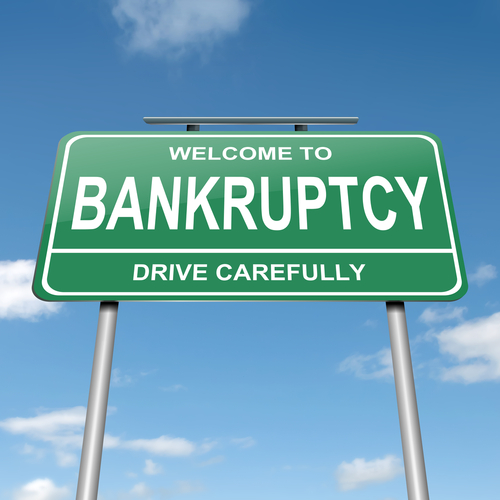Chapter 13 Lawyers in Melbourne, Palm Bay and Brevard County Florida
Title 11 of the United States Code (USC) deals with bankruptcy laws. Under this title, Chapter 13 provides for the debt readjustment through a reorganization plan which is approved by the court. The fundamental difference between Chapter 13 and Chapter 11 is that the former seeks debt readjustment through a court approved plan which the creditors must agree to; while the latter seeks the vote of creditors on the proposed rehabilitation plan, on the rejection of which a new plan must be drafted, or negotiations may simply break down.
What Does The Chapter 13 Bankruptcy Plan Mean?
The Chapter 13 Bankruptcy plan is the reorganization plan proposed by the debtor after she/he files for bankruptcy under Federal Law. It aims for debt readjustments through settlement of claims. This plan, once approved by the court, has to be agreed to by the creditors. Under certain circumstances, the corporation may be unable to file for bankruptcy simply because they do not possess the disposable income which is required to fund the reorganization plan.
The Chapter 13 Plan proposes debt readjustment over 3 to 5 years. There are numerous advantages and disadvantages to a Chapter 13 bankruptcy as opposed to other types of procesess.
Advantages:
- Under this chapter, the debtor is free to keep both kinds of properties, that is, exempt as well as non-exempt
- In case there is a home foreclosure involved, it can be delayed under the provisions of Chapter 13
- Chapter 13 allows for reduction of blocked debts of Chapter 7 – the ones that cannot be discharged
- It protects claims against income by avoiding wage garnishment
- This chapter protects the co-signers of the debtor
- It allows for the extension of payment term
- It gives the freedom to the debtor for reduction of interest rates on certain loans

Disadvantages:
- It has a strongly negative impact on creditworthiness as it appears on the debtor’s credit report for a long period of 7 years
- Chapter 13 does not provide for discharge of all debts
- There are a lot of costs involved, such as court fees, trustee’s fees, attorney fees, etc
- Commodity brokers and stock brokers have additional complexities.
- Borrowing large amounts of money becomes significantly difficult for a period of time.
- Debt readjustment after filing Chapter 13 affects living conditions because you are legally instructed to follow a strict budget
- The legal fees in filing Chapter 13 and the following proceedings are higher
- Since creditworthiness is affected, thereafter loans are acquired at high interest rates
Despite its disadvantages, Chapter 13 remains the second-highest filed petition for bankruptcy after Chapter 7.
The filing of bankruptcy should be a well thought out decision after due evaluation of all the pros and cons and the particular facts associated with your predicament is evaluated by an experienced law firm with qualified attorneys and lawyers to address your particular legal needs.’



